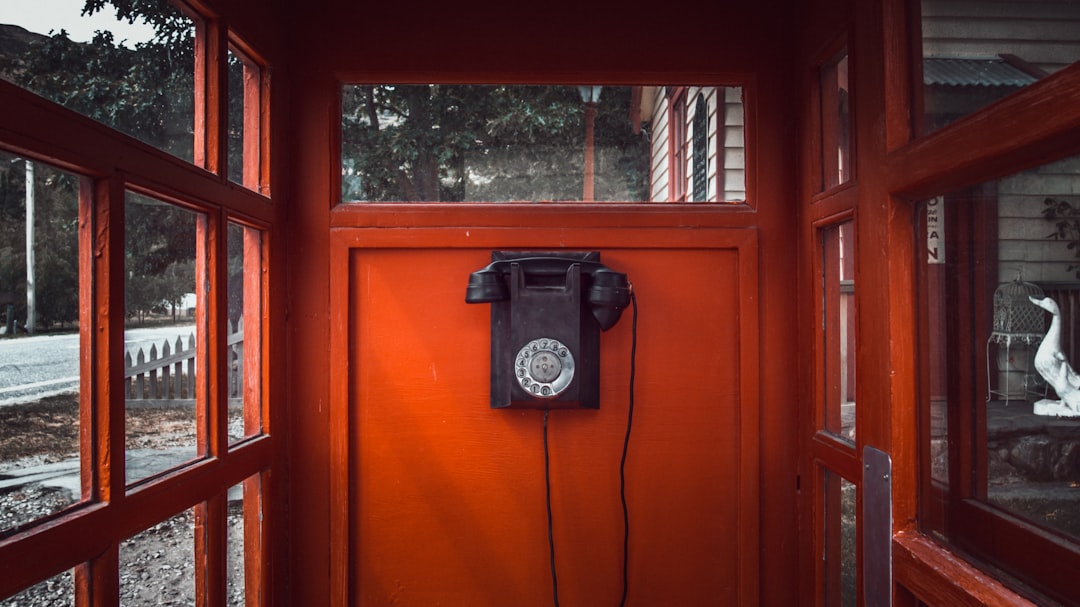North Dakota's Do Not Call laws protect residents from intrusive telemarketing by allowing them to opt-out of unsolicited calls and register their numbers on the state list. Consumer education empowers individuals to curb unwanted calls, report suspicious activities, and promote business compliance. Enforcing agencies monitor and take action against violators, ensuring residents enjoy a peaceful domestic life free from harassment.
In Dickinson, as across North Dakota, understanding and adhering to Do Not Call laws is paramount for businesses aiming to respect consumer privacy. This article delves into the significance of consumer education in enforcing these regulations. We explore how informed citizens can empower themselves against unwanted calls, highlighting the crucial role of both consumers and enforcers in maintaining a balanced and compliant telephone environment under North Dakota’s Do Not Call laws.
Understanding Do Not Call Laws in North Dakota

In North Dakota, Do Not Call laws are designed to protect residents from unwanted telemarketing calls and sales pitches. These laws give consumers the right to opt-out of receiving such calls, ensuring their privacy and peace of mind. The regulations are part of a broader effort to empower individuals and reduce nuisance calls, which can be overwhelming and intrusive.
Understanding these laws is crucial for both consumers and businesses. North Dakota’s Do Not Call list is maintained by the state, allowing residents to register their phone numbers to prevent unsolicited calls. Once registered, telemarketers are prohibited from calling those numbers, providing a significant layer of protection for consumers who wish to avoid sales or marketing calls. This knowledge empowers folks in Dickinson to take control of their communication preferences and enjoy a quieter, more manageable flow of calls.
Consumer Education: A Key to Compliance

Consumer education plays a pivotal role in the effective enforcement of Do Not Call laws in Dickinson, North Dakota. By empowering individuals with knowledge about their rights and responsibilities, consumers can actively participate in maintaining a peaceful and respectful telephone environment. Educated consumers are better equipped to recognize unauthorized calls, enabling them to register their numbers on official Do Not Call lists and report suspicious activities.
This proactive approach not only helps protect individuals from unwanted telemarketing calls but also contributes to the overall compliance of businesses operating within the region. With a well-informed public, companies are more likely to adhere to legal requirements, ensuring that their marketing efforts remain ethical and respectful. As such, consumer education serves as a crucial tool in upholding North Dakota’s Do Not Call laws, fostering a harmonious relationship between consumers and businesses alike.
Protecting Citizens: The Role of Enforcers

In Dickinson, as in many parts of North Dakota, enforcing the state’s Do Not Call laws is a critical task that falls on various agencies and regulators. These enforcers play a pivotal role in protecting citizens from unwanted telemarketing calls, ensuring their privacy, and promoting consumer rights. By implementing and upholding these laws, they safeguard individuals from potential harassment and fraud, which are significant issues related to persistent call campaigns.
The primary responsibility of these bodies is to monitor compliance with the Do Not Call Laws of North Dakota. They conduct investigations, issue warnings, and take legal action against companies or individuals found violating these regulations. This process involves meticulous record-keeping, consumer feedback mechanisms, and efficient communication channels to address complaints promptly. Through their diligent work, they foster an environment where citizens can enjoy a peaceful, undisturbed domestic life without the constant deluge of telemarketing calls.






